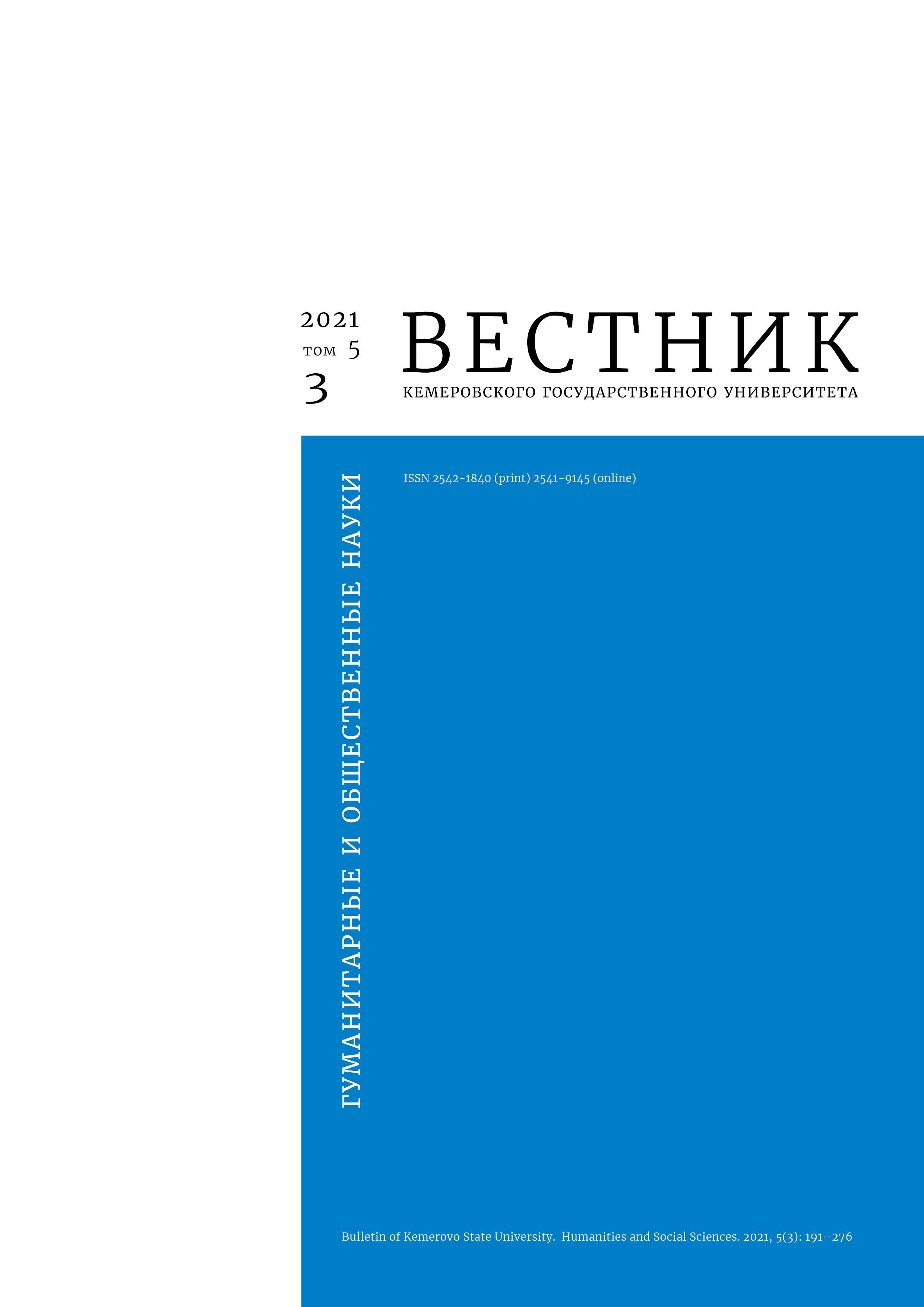Nivikuznetsk, Russian Federation
The research featured the causes of drug traffic in prisons. The hypothesis is that this crime would be impossible without the participation of employees of the Federal Penitentiary Service. The paper introduces an analysis of statistical data on drug trafficking in Russian prisons. The statistics showed that the level of drug trafficking in prisons remains stable for the last five years, despite the ongoing anti-drug policy of the state, which confirms the abovementioned hypothesis. The study highlighted the role of an employee of the Federal Penitentiary Service in various types of criminal activities related to drug trafficking in prisons. The author analyzed the legal practice of qualifying the actions of prison employees in the field of drug trafficking during their official duties and proposed to introduce uniformity in the qualification of these actions. The paper contains a comparative analysis of a Criminal Investigation Department employee engaged in drug trafficking and a citizen involved in the same crime outside the Criminal Investigation Department. The composition of crimes related to drug trafficking needs an additional qualifying feature for employees of the Federal Penitentiary Service.
drug trafficking, Federal Penitentiary Service officers, official powers, employee as a subject of drug trafficking
1. Braitseva E. A. Crimes committed by investigators and interrogators in the system of internal affairs bodies: criminological aspect. Cand. Jurispr. Sci. Diss. Abstr. Moscow, 2002, 24. (In Russ.)
2. Maiorov A. A. Drug abuse in prisons. St. Petersburg: Izd-vo RGPU im. A. I. Gertsena, 2001, 73. (In Russ.)
3. Shesler A. V., Shesler S. S. Anti-drug policy of the Russian Federation. Vestnik Vladimirskogo yuridicheskogo instituta, 2011, (4): 167-170. (In Russ.)
4. Pavlovskaya N. V. Corruption in the field of combating drug trafficking: criminological and criminal-legal aspects. Cand. Jurispr. Sci. Diss. Abstr. Moscow, 2013, 27. (In Russ.)
5. Shesler A. V., Shesler S. S. The concept and social danger of the person committing crimes related with drugs. Vestnik of Siberian Law Institute of the MIA of Russia, 2019, (3): 80-85. (In Russ.) https://doi.org/10.51980/2542-1735_2019_3_80
6. Belareva O. A. Validity of increasing responsibility for the illegal circulation of narcotic drugs and psychotropic substances in correctional institutions. Penal system today: interaction of science and practice: Proc. Sci.-Prac. Conf., Novokuznetsk, 14-15 Nov 2013. Novokuznetsk: Kuzbasskii institut FSIN, 2014, 65-68. (In Russ.)
7. Vitovskaya E. S. Criminal liability for the sale of narcotic drugs, psychotropic substances or their analogs made in correctional facility of penal system of the Russian Federation. Vestnik Kuzbasskogo instituta, 2016, (1): 19-24. (In Russ.)
8. Nekrasov A. P., Golubtsova K. I. Criminological aspect of drug trafficking in prisons. Samara: Samarskii iuridicheskii institut FSIN, 2015, 120. (In Russ.)
9. Tuloev I. Yu. On measures to counteraction to illegal drug trafficking in institutions executing sentences in the form of imprisonment. Journal of the Perm Institute of the Federal Penal Service of Russia, 2020, (4): 102-108. (In Russ.)
10. Elinsky A. V. Criminal law in decisions of the Constitutional Court of the Russian Federation. Moscow: Wolters Kluwer, 2011, 272. (In Russ.)


















